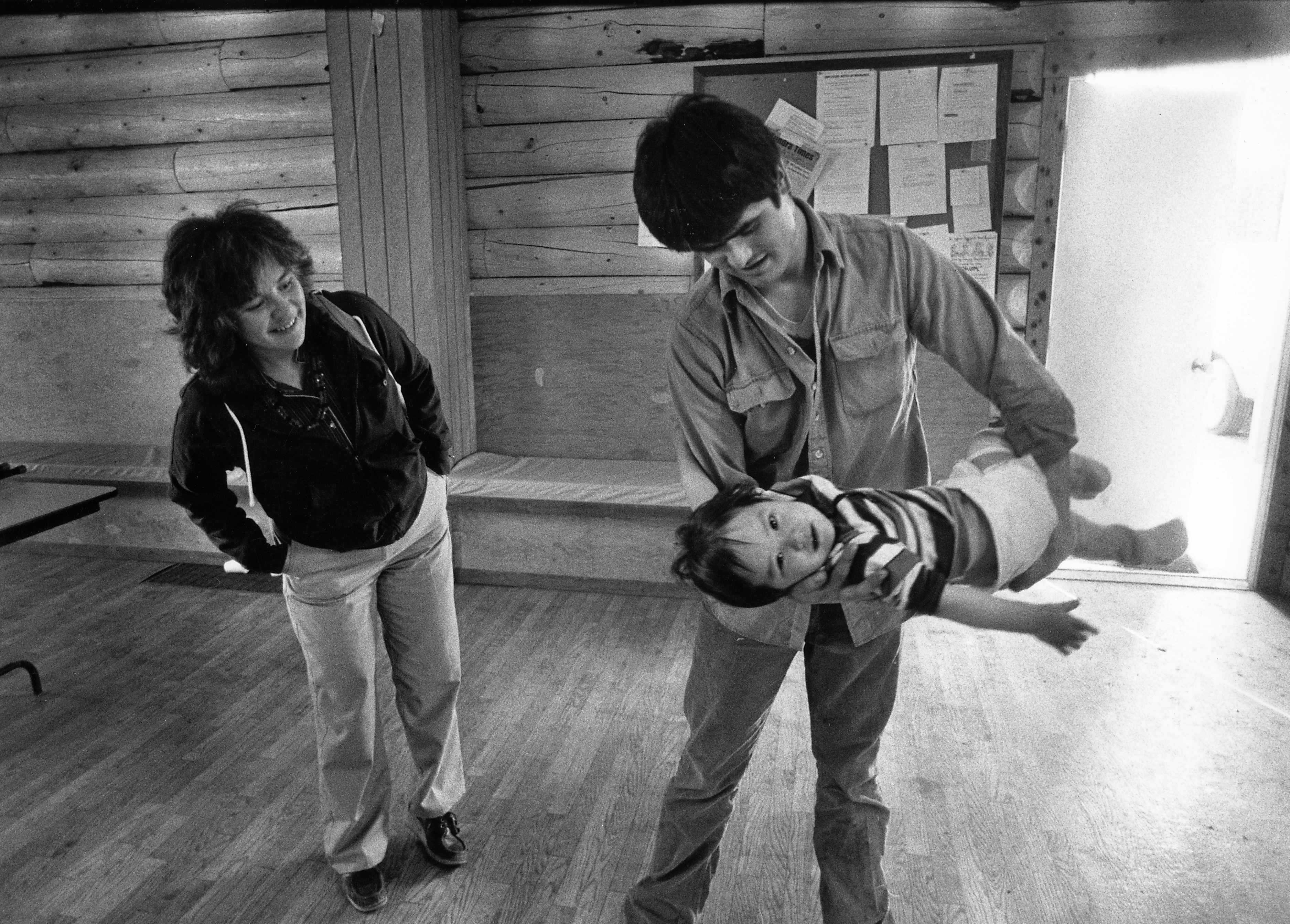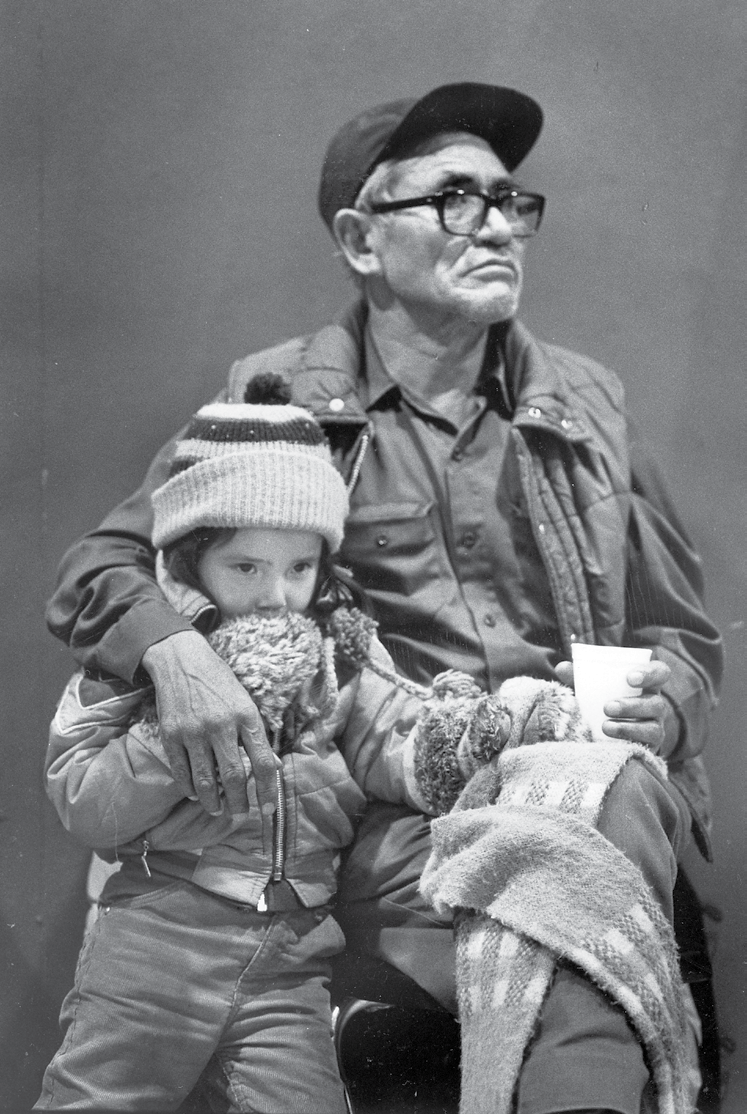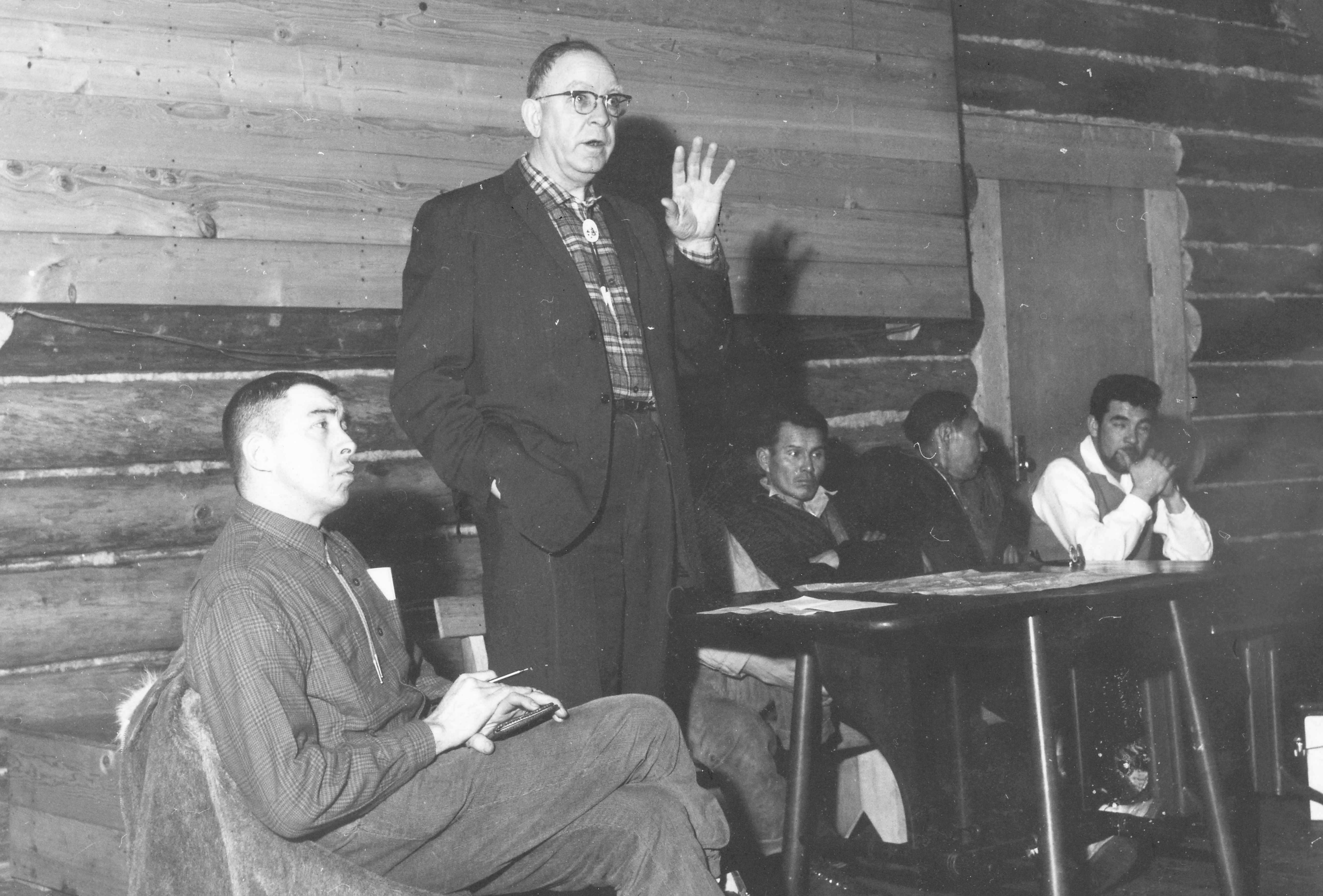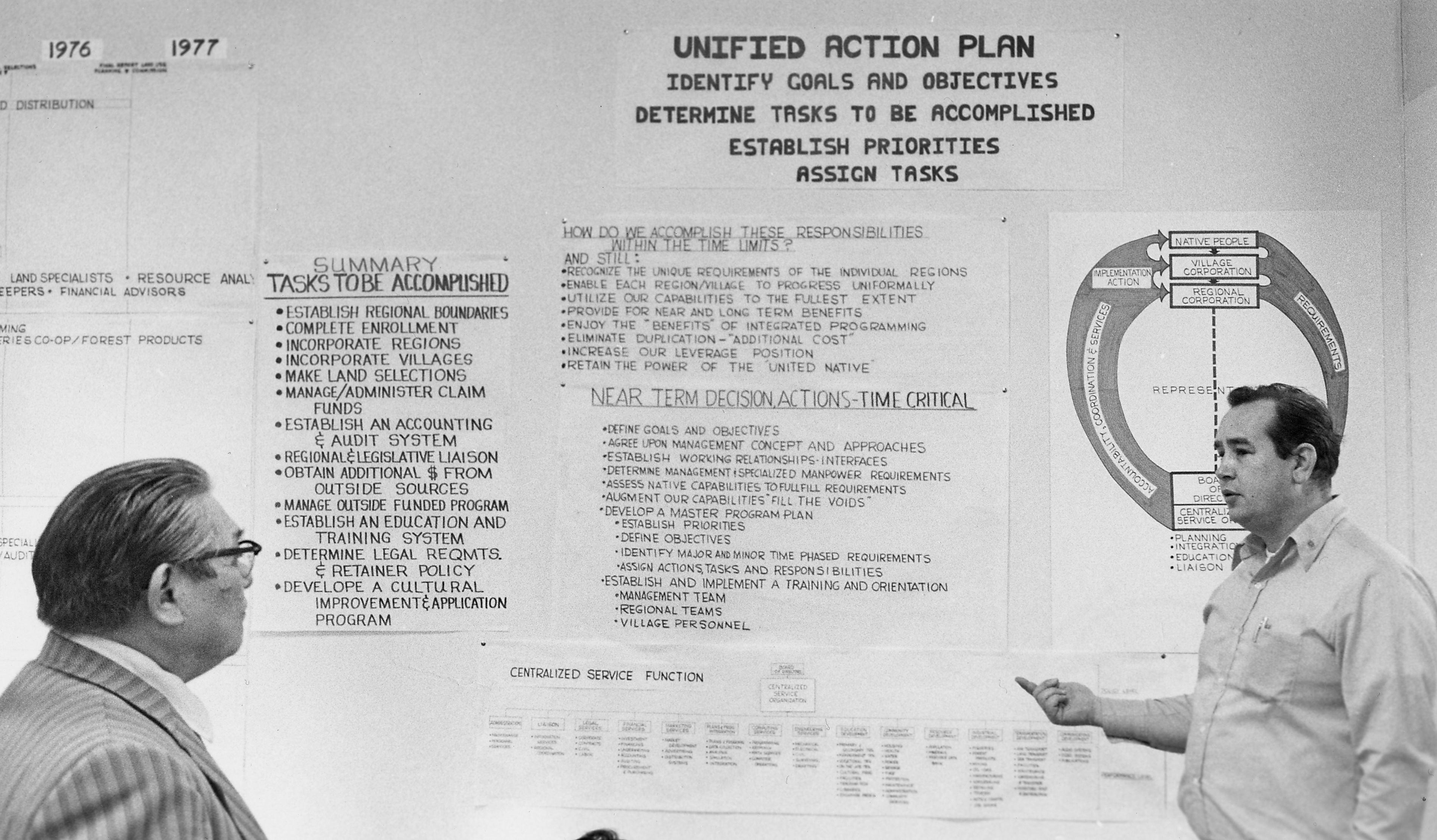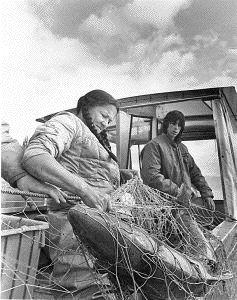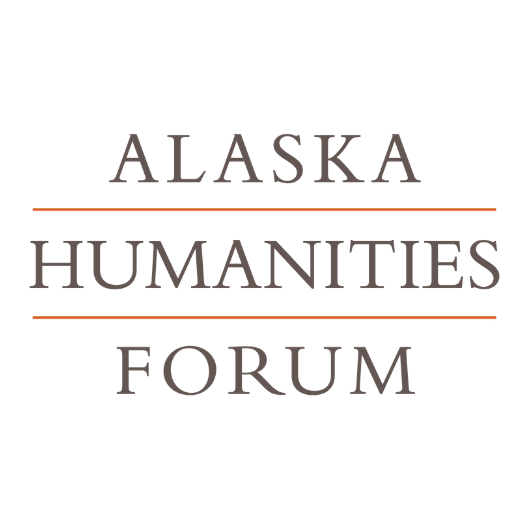I’m Canyon Kokochuruk. My mom’s family is from White Mountain, Alaska, and my dad’s family is from Hilo, Hawai’i. I didn’t get involved with my regional corporation until after high school when people told me to fill out scholarships. They were like, “Oh, you’re Native— just apply for the Native ones,” not realizing how those scholarships were really specific and regionally based. There are also tribal requirements that you have to go through, and I have different tribal affiliations, so the result was pretty challenging. At the time, what I knew of ANCSA was that Alaska was broken up into multiple parts, and the people were required to establish corporations. We get things from those corporations, and they help us in various ways, but that was the extent of my knowledge.
I think as scary as it is, and as much as we’ve been told to be quiet, advocacy and self-advocacy are where the change will come from. When I asked how some of my friends feel about ANCSA, which directly affects our people, I was surprised with many negative responses and anxiety about whether its promises have been kept. To those dissatisfied people, I would say that their feelings are valid. Their experiences are theirs, and I wouldn’t know that’s not what they’re going through. But I would also say that our communities’ challenges will not get easier to deal with. I think it’s valuable that critics bring those perspectives to the board of directors and Elders councils, letting people know, “Hey, I don’t feel supported as a Native person by the people that I’m supposed to; how can I get that support I need?”
If there is one thing that I could tell a board of directors of one of the corporations, based on what I’ve heard and seen from the people I reached out with, I would say that we need to be making sure that people aren’t getting left behind or falling through our system. It’s not that we’re not doing a good job; it’s just that some people are left out. For example, I think a lot of contention comes from people who weren’t here when ANCSA was signed or descendants who don’t get what shareholders get. How do we move forward and heal some of these divides? I think just making sure everyone feels like they’ve got someone that’s got their back, someone’s looking out for them.
Just as we’re diverse people, we have diverse opinions, and that’s valuable. It’s an integral part of our people’s history. I had so much to learn, and I still have so much to learn, and this has shown me how complex our history is. With a better idea and understanding of what people had to go through to make ANCSA a reality, we could respect and understand where our Elders are coming from and what they did for us to be here today. And I hope people who aren’t Native can appreciate how hard we’ve worked to be acknowledged and ask for respect instead of revenge. I think that’s powerful, and it’s something that not many people recognize.
- Canyon Kokochuruk
